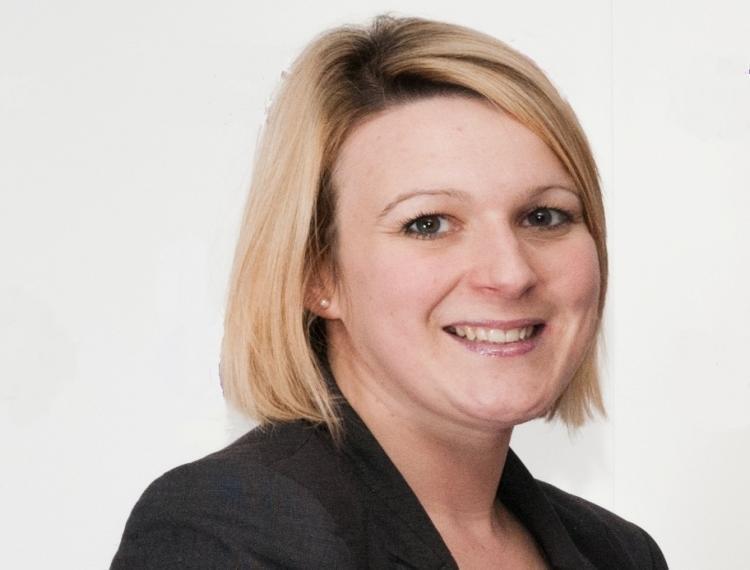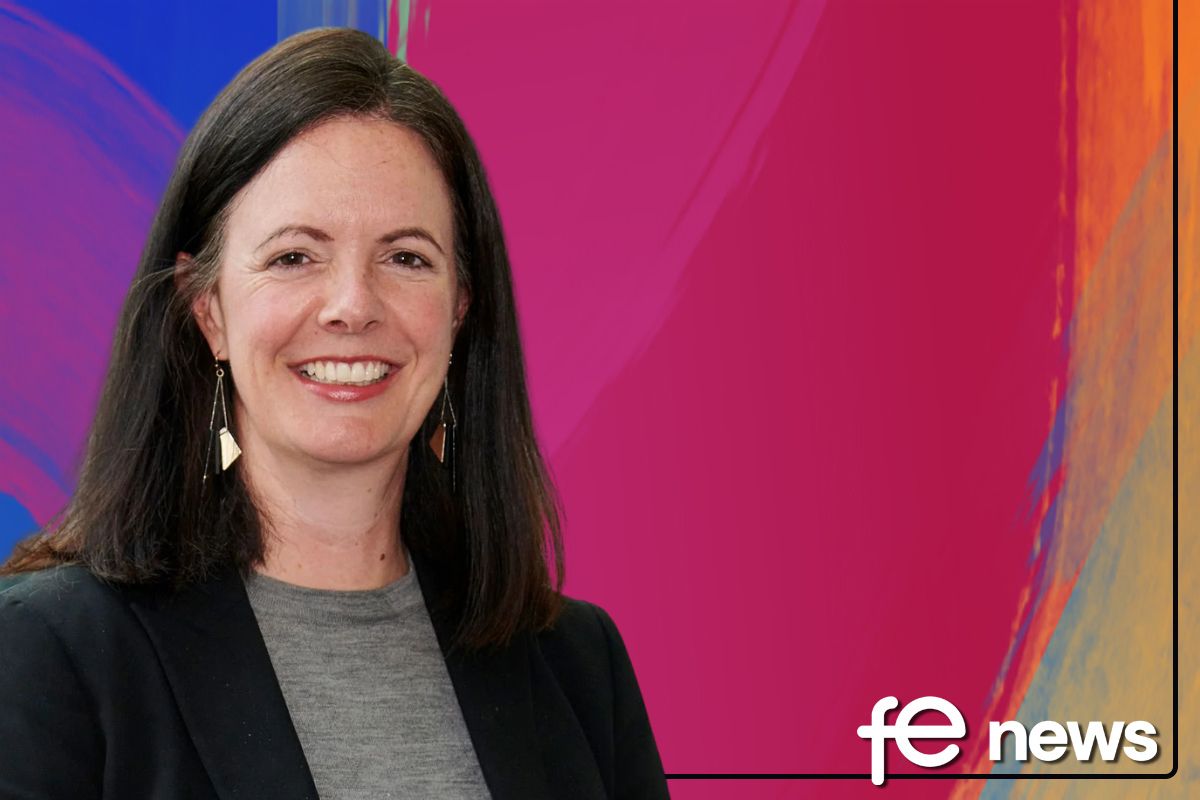Learning from great-great-granny or why we need a new Baccalaureate

As the mother of a teenager, I am frequently astounded at the rapid pace of technology. Even just over my daughter’s life time, things which seemed new and ‘21st century’ when she was born, are now ubiquitous in everyday life. Who imagined children would routinely carry mobile phones? My Space anyone?
Our digital age demands that we keep up with the lightning paced shifts in communications and how we perceive and engage with the world, so we might assume our education system will also adapt and change with the times. Using a computer, negotiating the internet and understanding basic code are the kind of skills which we might now expect to be at the core of our curriculum, alongside the perennial – and essential – three ‘R’s.
So I was actually quite shocked when Edge’s Director of Research and Policy, Olly (thank you Olly for filling in for me last month!), drew to my attention the uncanny similarity between the government’s currently preferred English Baccalaureate and the curriculum of 1904! It seems incongruous that the current generation for whom a keyboard, mouse or touch screen is second nature, should study the same range of subjects as children who routinely used slate and chalk at school. The gulf between the beginning of the last century and the current one is huge and yet our curriculum seems not to reflect it.
For my daughter’s generation, maths, English and a foreign language are mandatory – just like it was for her great- great-grandma! Daughter must take two science subjects to great-great-grandma’s one; great-great-grandma had to study history while daughter can choose between history and geography; interestingly great-great-grandma has a creative subject in the mix – drawing.
It is the government’s ambition that 90 per cent of young people will study these seven Ebacc subjects as the core of their studies. However, on average students are entered for 8.1 GCSEs leaving little leeway for the option of adding a practical or technical subject such as art, computing or textiles to the mix. Students with low attainment are typically entered for 6.9 subjects so their opportunities to pursue Design and Technology or music are even more limited.
Alarmingly, the subjects which are most at risk of dropping off the curriculum are the ones which help young people to develop the skills which employers are crying out for. The most recent Hays Global Skills Index shows that the skills gap in the UK has worsened by eight per cent over the past five years with businesses citing a lack of technical or vocational knowledge in graduates.
Creative and practical subjects are widely acknowledged to encourage resilience, team working and skills which translate to the workplace. As part of its coverage of the announcement of this year’s Turner Prize nominees, the BBC interviewed some girls in a textiles class at a school in Marylebone. The consensus amongst them was that while they were ‘taught how to write an essay’ or ‘taught maths’, the value (and the appeal?) of the textiles class was that it encouraged them to be creative, to think for themselves and solve problems.
Practical and technical subjects are not in opposition to core academic subjects, but should be complementary as part of a rounded education. After all, architects and engineers need to be able to do maths, but they also need to be able to draw. At least this was recognised in 1904!
This week Edge published a report 14-19 Education: A new Baccalaureate in which our Chair, Lord Baker, lays out our proposals for a new Baccalaureate fit for the 21st century. Alongside English, maths, two sciences (one of which could be computer science) and a humanities subject, students could take a technical subject like Design and Technology or a BTEC, and a creative option such as art, design, music dance or drama.
This does not preclude any student from focusing on academic subjects of course, but simply opens up opportunities and options for all young people. For those from disadvantaged backgrounds, a blend of practical and technical skills alongside an academic core of subjects can be particularly beneficial and a driver for social mobility.
If the rapidly accelerating development of technology teaches us anything – an Apple iPod purchased less than a decade ago is now considered ‘vintage’ – it is that we need to be flexible and able to respond and adapt to the challenges and rewards of the digital age. Our curriculum needs to reflect that. We cannot teach our children as if it is 1904.
Alice Barnard is chief executive of Edge











Responses